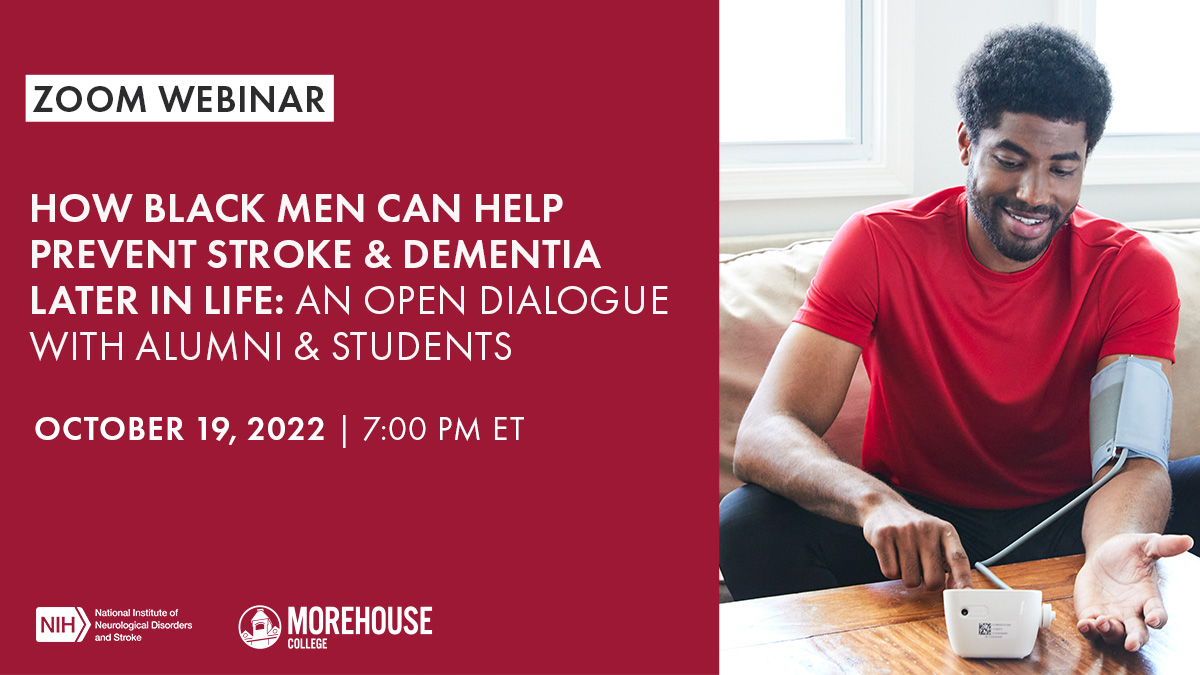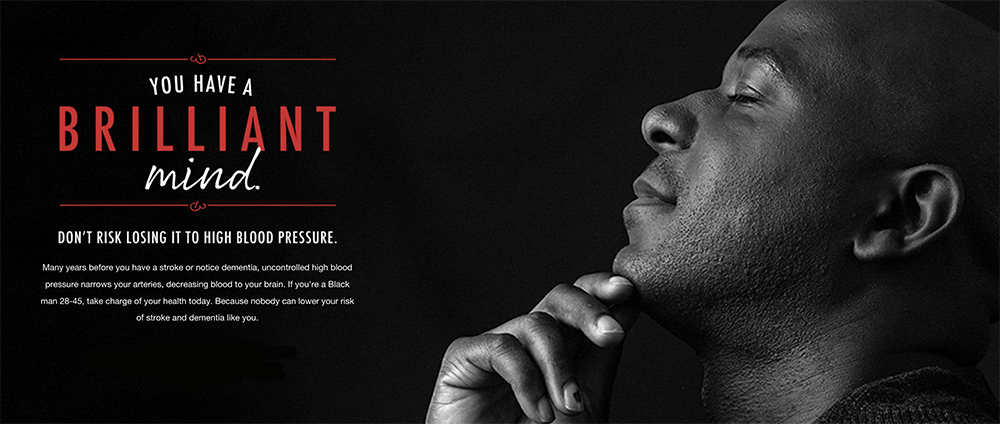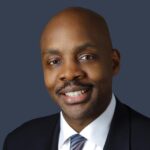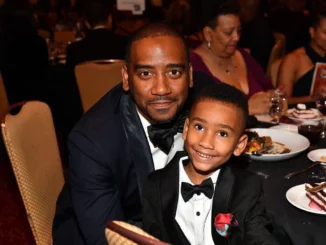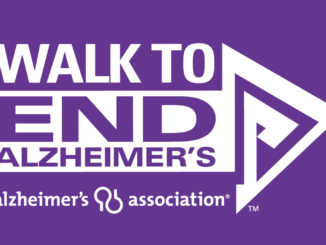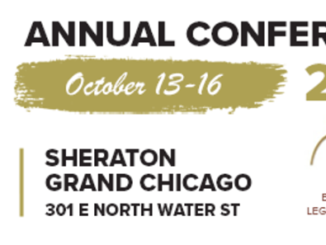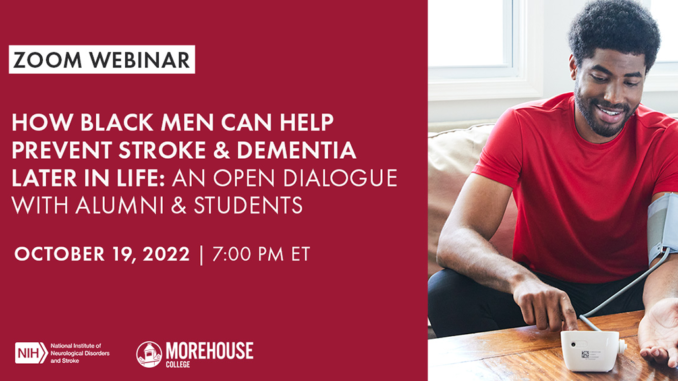
Homecoming season at Historically Black Colleges and Universities marks an important time for students and alumni to come together to celebrate Black culture and community. Homecoming is also a highly anticipated event that allows different generations to connect over their shared experiences throughout life, which can include experiences with their health.
New research has found Black men ages 28 to 45 are at an increased risk of high blood pressure, which is a leading cause of stroke and can cause dementia. Many years before you have a stroke or notice dementia, uncontrolled high blood pressure narrows your arteries, decreasing blood to your brain. That’s why Morehouse College and the National Institute of Neurological Disorders and Stroke (NINDS), part of the National Institutes of Health, are organizing an interactive, informative, and free webinar to explore this important topic.
Plan now to join “How Black Men Can Help Prevent Stroke & Dementia Later in Life: An Open Dialogue with Alumni & Students” at 7 p.m. ET on Wednesday, Oct. 19, to hear from experts and alumni about how everyone, especially Black men, can help protect their health later in life.
Attendees will be entered in a raffle from Morehouse College to win their choice of a homecoming ticket, tailgate ticket, or gear from the school bookstore.
Webinar Details:
WHO: Speakers include Sean Bland, director, Alumni Engagement, Partnerships, and Events, Morehouse College; Richard T. Benson, MD, PhD, director, Office of Global Health and Health Disparities, National Institute of Neurological Disorders and Stroke; and Alvin Darden, Former Dean of Students, Morehouse College Alumnus
WHAT: A discussion of the science behind high blood pressure, stroke, and dementia and the higher risks of these health problems for Black men. Attendees will have an opportunity to hear personal stories, ask questions, and engage with experts in addition to learning more about the NINDS Mind Your Risks campaign.
WHEN: Wednesday, Oct. 19, 2022, from 7–8 p.m. ET
WHERE: Information for the webinar event will be provided with your free, completed registration. This event is online only.
REGISTER TODAY: https://bit.ly/webinarMYR
KNOW YOUR RISKS
Scientists around the world are learning more about changes in the brain that can lead to dementia, including Alzheimer’s disease. There are drugs that may improve the quality of life for people living with dementia, but there is no cure. Research may someday lead to new treatments to prevent or slow dementia. In the meantime, though, evidence suggests that the vascular damage that occurs in the brains of most people with dementia may be preventable. Vascular damage to the brain usually occurs gradually, for example due to the cumulative impact of multiple small or “mini” strokes, that occur unnoticed as we age. High blood pressure is the main culprit. Over time, high blood pressure weakens the brain’s blood vessels, and may bring on processes in your body such as strokes that can cause or worsen dementia. The good news is that we know a lot about what causes high blood pressure, and there are many safe, effective ways to get it under control.




